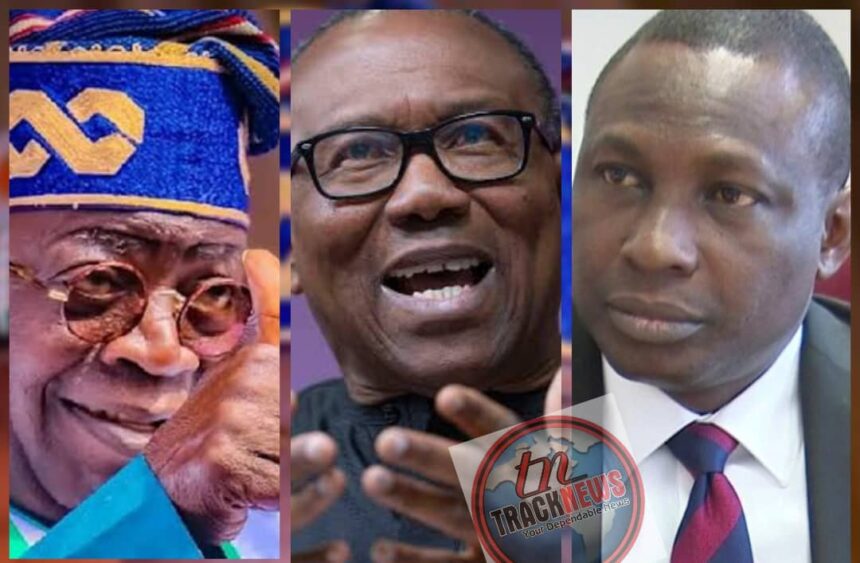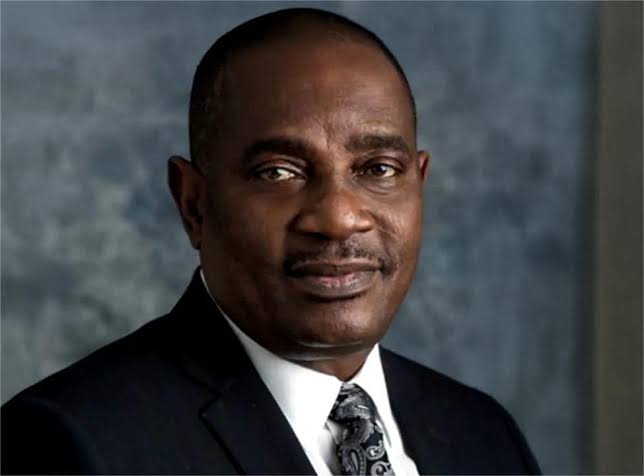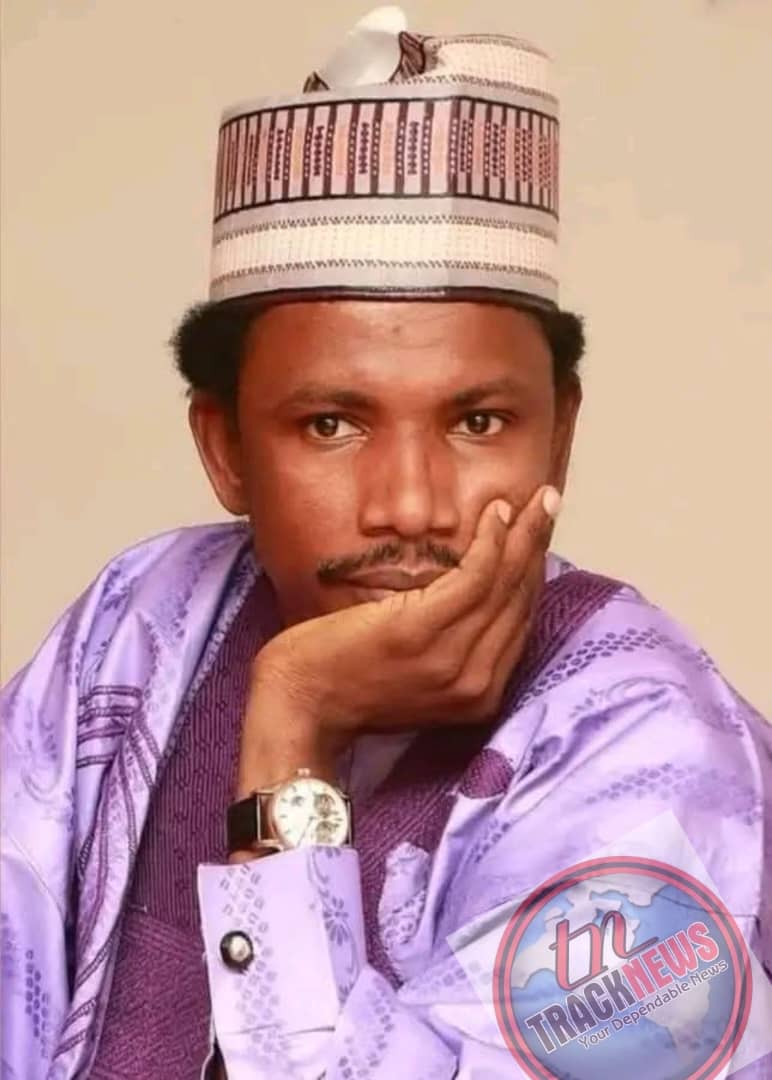The 2023 Labour Party presidential candidate, Peter Obi, has called on the Federal Government to allocate N350 billion out of the N853 billion reportedly recovered by the Economic and Financial Crimes Commission (EFCC) to northern states as microcredit funds for the poor.
Obi made the suggestion in a post on X on Friday, commending the EFCC for its recent disclosure that it had recovered N853 billion in crime proceeds within one year. He described the achievement as a commendable step but emphasized that the focus should now be on how the funds are utilized to benefit citizens directly.
According to Obi, the federal government should disburse N350 billion from the recovered amount to the 19 northern states, which could then convert the funds into microcredit schemes. He explained that the money could be loaned to poor citizens to boost small-scale enterprises and alleviate poverty. He added that many states in the north had long been seeking small loans—sometimes as little as N2 billion—from development banks for similar initiatives but had faced bureaucratic hurdles.
The former Anambra State governor argued that proper reinvestment of recovered public funds could serve as a catalyst for reducing poverty, illiteracy, and insecurity in the country, particularly in the northern region, which he noted remains the most affected by socio-economic challenges. He said that using these funds productively would ensure tangible benefits for ordinary Nigerians rather than letting the recoveries remain mere figures in government records.
Obi highlighted Nigeria’s troubling social statistics, pointing out that the country has over 20 million out-of-school children—the highest number globally. He also cited data showing that over 100 million Nigerians live in extreme poverty, a situation that he said is particularly severe in the North. He stressed that these realities demand urgent, targeted intervention rather than symbolic gestures.
“Beyond this recovery, what truly matters is the utilisation of these funds in a verifiable and accountable manner, specifically in critical areas of development, health, education, and poverty alleviation to benefit the people,” Obi stated in his post.
He called for full transparency in how the recovered money is spent, insisting that Nigerians must be able to trace the flow and impact of every kobo. According to him, the EFCC’s recovery should not end as another announcement but should mark the beginning of a new era of accountability in the management of recovered assets.
He drew attention to the federal government’s 2024 operational budget for Universal Basic Education, which stands at about N251.47 billion. Obi suggested that tripling this allocation would require an additional N503 billion, leaving N350 billion from the EFCC’s recovery to be directed to the northern states. He proposed that this sum be dedicated to providing small loans for the poor, helping them start or expand micro businesses that could support their families and communities.
“Most of these states have long been applying for as little as N2 billion of similar funding from our development banks,” Obi noted. “Let this not just be another announcement of recovery. Let it be the beginning of a new era of accountability, where every kobo retrieved is turned into classrooms, hospitals, skills, and opportunities for ordinary Nigerians.”
Obi emphasized that the EFCC’s efforts should be complemented by transparent and strategic reinvestment of recovered funds in ways that improve lives and foster long-term development. He maintained that redirecting such funds into sectors like education and microfinance would yield measurable social and economic results, especially in regions battling poverty and insecurity.
He further argued that transforming the recovered billions into real, traceable public benefits would restore citizens’ faith in governance and in the country’s anti-corruption fight. According to him, every recovered naira should translate into better schools, accessible healthcare, and viable economic opportunities that empower the poorest Nigerians.
The Labour Party flag bearer concluded by urging the federal government to seize this moment to demonstrate fiscal responsibility and transparency. He said that by channeling the EFCC’s recovered funds into meaningful programs, Nigeria could take a decisive step toward addressing its most pressing human development challenges.





